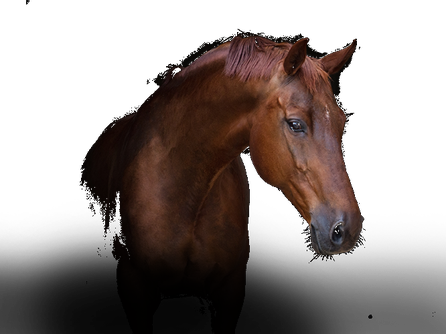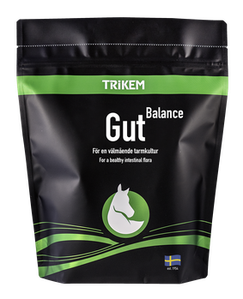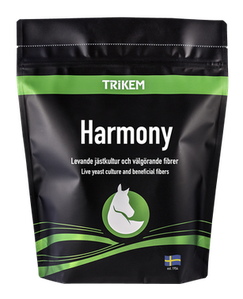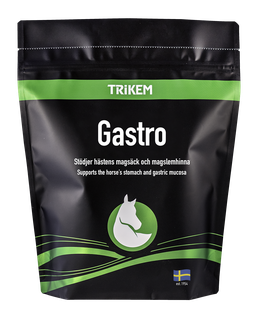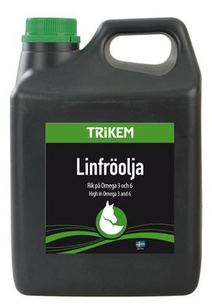Academy
/
Horse /
Gut & Intestines / Irregular manure
Irregular manure
Many horses experience irregular manure at times, some during the fall with the new winter feed, others more spontaneously and without any clear pattern.
Horse's manure
Horse manure should ideally be firm, in nice round "balls" and consist of fibers that the horse has not been able to digest. A "correct" manure contains between 20-30% dry matter (dm). Many horses occasionally experience irregular manure, some during the fall with the new winter feed, and others more spontaneously without any clear pattern. The reasons for irregular, loose, or watery manure are many, making it difficult to find an easy solution to the problem. Regardless of the cause, the change in manure is due to an imbalance in the horse's gut flora.
Why does the horse have digestive issues?
As mentioned, there are many potential causes, but the most common ones include sudden feed changes, poor-quality feed, stress, insufficient forage, too much concentrated feed, high parasite load, gastric ulcers, or sand in the intestines.
If your horse suddenly has digestive issues and irregular or watery manure, the first thing you should do is reduce the amount of concentrated feed and check the hygienic quality of the forage. Since forage should make up the majority of the horse's diet, it's important that it maintains good hygienic quality. You can read more about the hygienic quality of forage here:
Concentrated feed
If the horse eats a lot of concentrated feed, there is a high risk that it will consume large amounts of starch. Horses can only digest a limited amount of starch. Therefore, a high amount of concentrated feed may lead to undigested starch passing through the small intestine and reaching the large intestine.
In the large intestine, the starch will quickly ferment into volatile fatty acids and lactate. Lactate usually occurs in very low levels in the large intestine, but at high concentrations, it lowers the pH of the large intestine, which creates an unfavorable environment for the "good bacteria," causing them to die. Even if not large amounts of starch reach the large intestine, it can still become problematic if this occurs every day for an extended period.
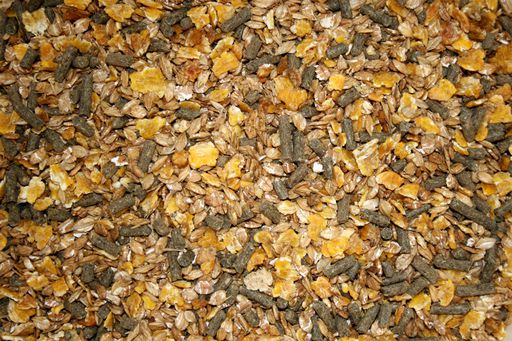
Feed change
If the horse develops irregular manure during a feed change, you should ask yourself whether the change was done gradually and slowly. A feed change (including a change in roughage) should take at least two, preferably three weeks. This is because the microorganisms in the large intestine need a long time to adapt and adjust to the new feed. If you already know that you won’t be able to make the change gradually, you can consider providing the horse with a prebiotic supplement as a preventive measure. One tip is to communicate well with your feed supplier and ask for bales from the same field, even if they are received at different times. There are also variations within fields, so ask to get them in the order they were harvested.
Travel
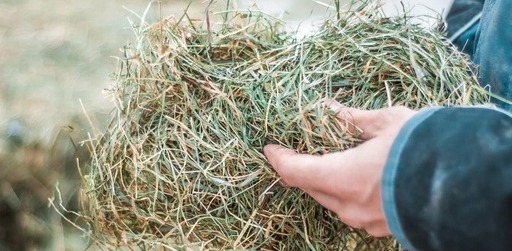
Supplements for digestive issues
As mentioned above, there can be several reasons for a horse to have irregular manure, and unfortunately, there is no one-size-fits-all solution. If you have ruled out poor hygienic quality of forage, feed change, or insufficient forage (fiber) in the diet, you can try various pre- and probiotic supplements.

To install this Web App in your iPhone/iPad press ![]() and then Add to Home Screen.
and then Add to Home Screen.
